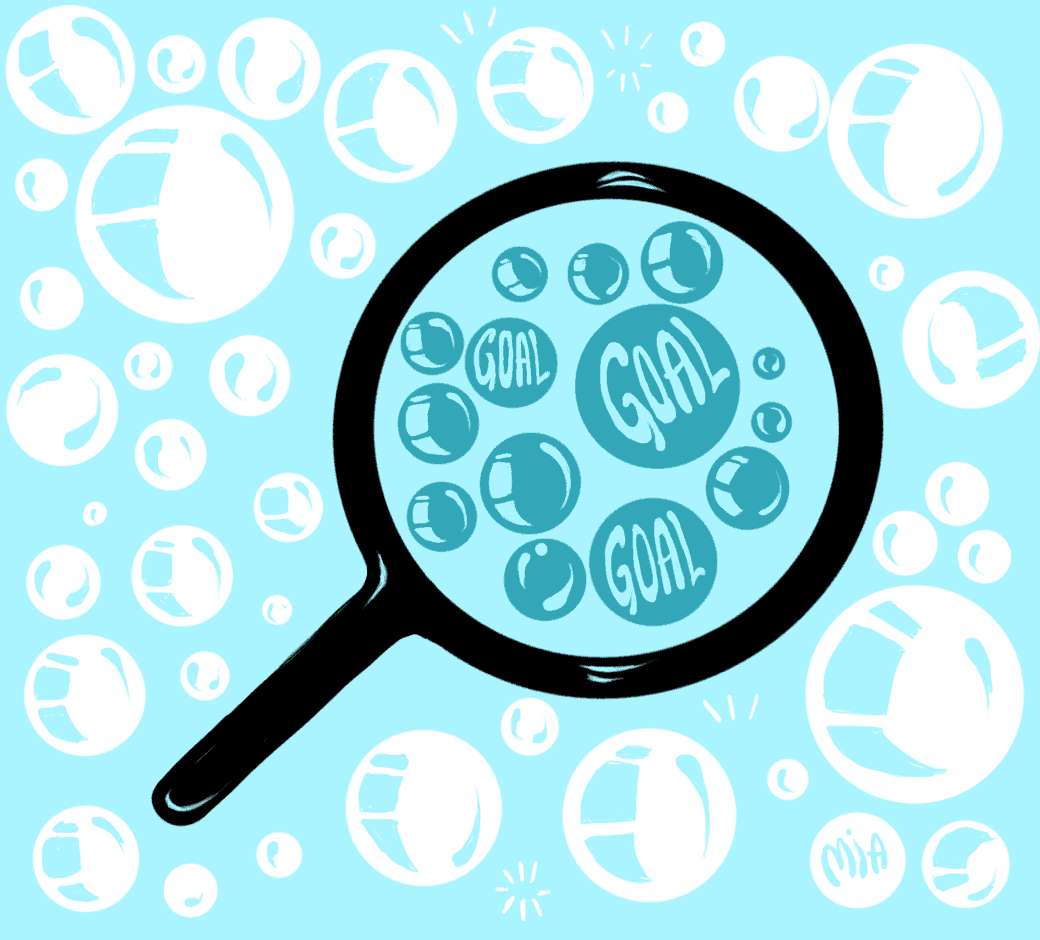A new study by U of T PhD Student Ping Dong and Assistant Professor Spike W. S. Lee posits that hand wipes may be used for more than on-the-go cleaning. Their research, published in the Journal of Experimental Psychology earlier this year, revealed that physical cleansing reorients goals and shifts priorities.
Dong and Lee investigated four different groups ranging from 103 to 242 undergraduate students. The subjects were divided into two categories: those who were given hand wipes and those who were not. Both groups were primed to focus on certain goals by completing word games or short surveys.
The results of these four experiments demonstrated that the use of hand wipes made prior goals seem less important than subsequent ones. “This research extends the logic of previous studies showing that physical cleansing can reduce the influence of numerous psychological experiences,” Dong wrote in an email to The Varsity.
Dong and her colleague had observed certain behaviours relating to hand cleaning that inspired them to conduct this research. “Wash their hands, and people feel less guilty about their immoral behavior… Use some soap and people feel like they’ve washed away their good luck from their winning streak in gambling.”
“Our conceptual hypothesis was that there’s one common mechanism underlying all these different cleansing effects across domains,” Dong explained. “Specifically, cleansing should function as what we call an ‘embodied procedure of psychological separation.’”
Physical cleansing detaches traces, such as dirt, from target objects, like hands. This resembles the psychological separation of previous experiences from the present self. Dong and Lee’s research provided evidence supporting this theoretical account in the context of pursuing goals.
Their paper, unlike its predecessors, shows “that a bodily experience like cleansing not only activated metaphorically associated concepts like morality, but functions as a highly domain-general procedure.” This means that cleansing is not specific to physical domains, but also influences psychological ones.
The research predicts that using hand sanitizers, wipes, or other forms of physical cleansers will ease the switch between tasks that require different mental procedures. “[People] become less influenced by past primes but more influenced by future ones,” Dong said.
The study has some limitations, according to Dong. The participants were solely undergraduate students, rather than the general public. The importance of goals was measured immediately after physical cleansing so the short-term nature of the experiment may have also restricted its results. Long-term effects were not examined.
Dong, who will join Northwestern University’s Kellogg School of Management as an assistant professor of marketing in September 2017, emphasized that in business settings or organizations, both the managers and employees must often shift between several goals.
“Little help is available from empirical work, as it has yet to identify any temporary manipulation for enhancing [the] ability [to shift between multiple tasks],” she said. “Given what we found, we suggest that physical cleansing may be a handy way to help people adjust their goal pursuit effectively.”


